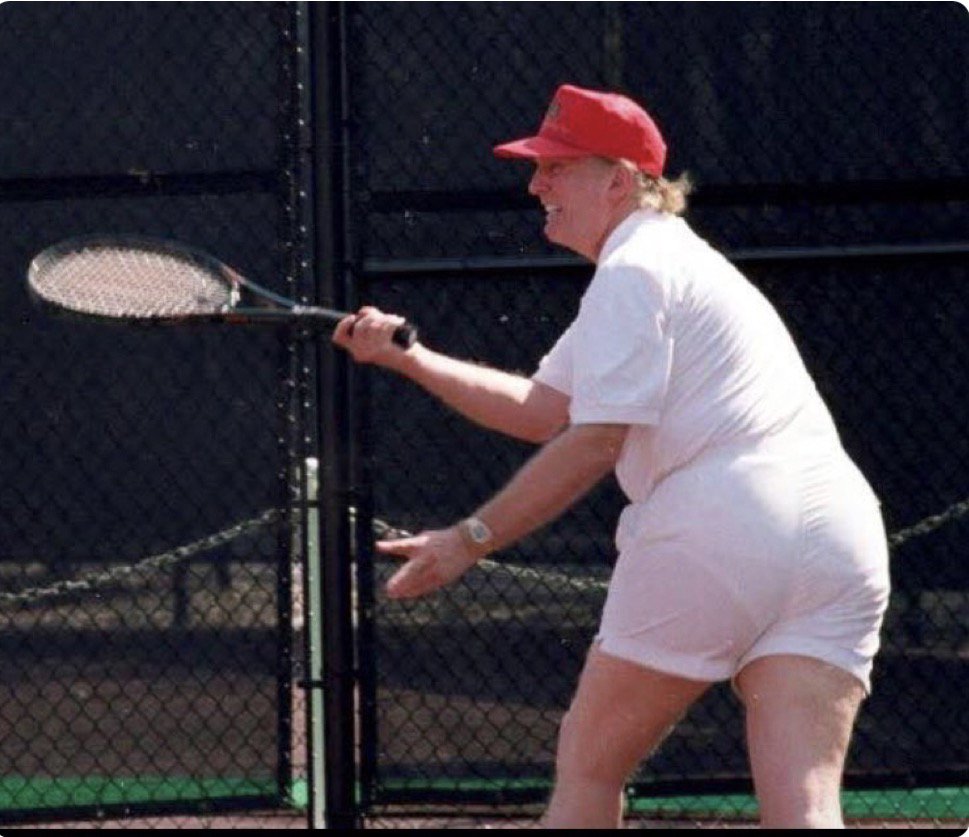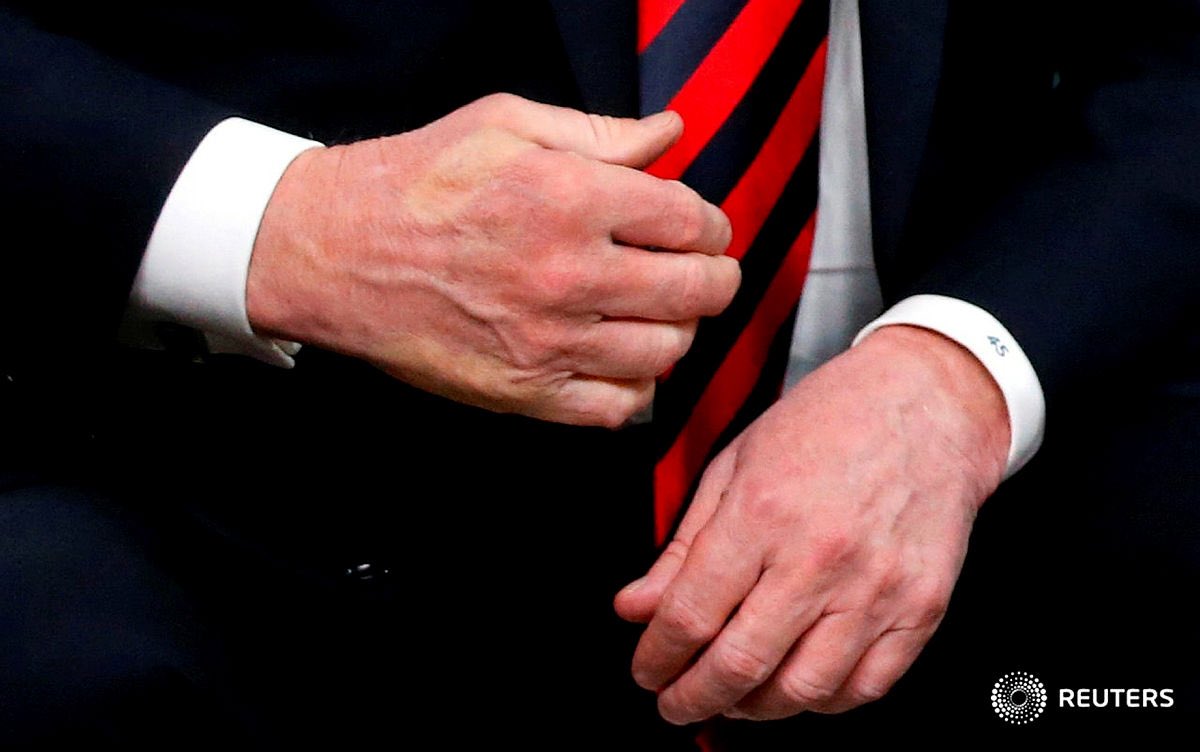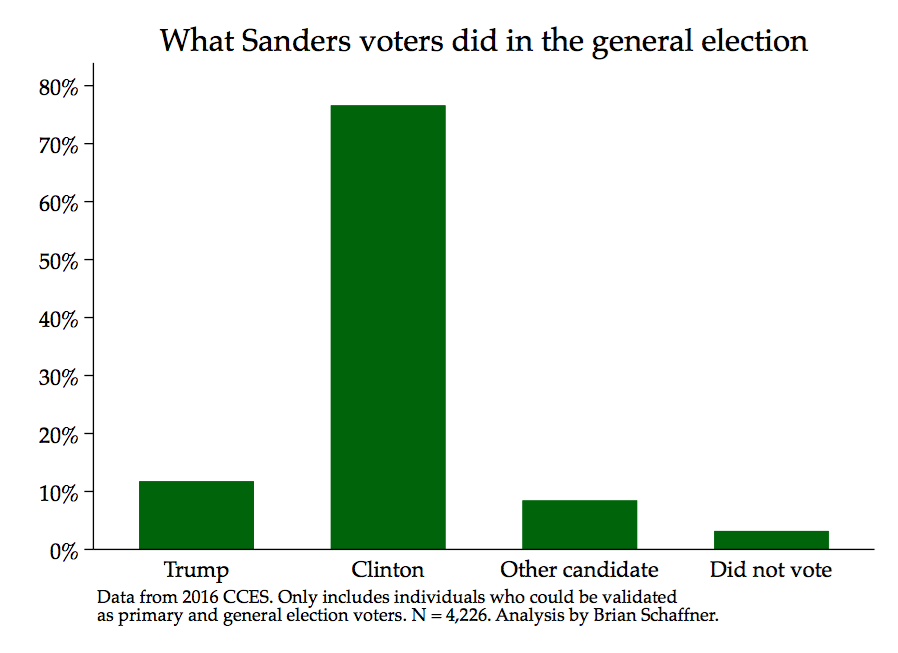(I have sent this to the editor)
**********************************
President Donald Trump claims that imported autos pose a threat to national security. With a theme of “build them here,” the President has threatened to impose tariffs—as much as 25%—on imports.
Until two months ago, President Trump would have applauded me, despite my brown-skinned alien looks, because I owned vehicles that were made in America. For 14 years, I owned a Saturn Vue, which served me really well. Without a single breakdown over the nearly 310,000 miles I drove, my Saturn Vue was truly a testament to American manufacturing.
The Vue was not my first Saturn. I bought it after trading in my 11-year-old Saturn station wagon. Few ardent Trump supporters will be able to match my 25 continuous years of owning "Made-in-America" vehicles.
However, when it came time to retiring my rapidly aging Vue, I did not have an option to buy another Saturn—they are not manufactured anymore. Saturn was one of the companies that folded after the Great Recession that lasted from December 2007 to June 2009.
The Great Recession dramatically restructured the automobile industry, and General Motors ended the sales of Saturn vehicles in 2009. I, like other fiercely loyal Saturn owners, was thoroughly disheartened with GM’s decision. But, businesses dying is not anything new--it is consistent with the creative destruction that is a hallmark of the modern economic system. How many even remember Pan Am, which once dominated the skies? It is now one of the thousands of companies along with Saturn that lay buried deep in the economic graveyard.
The new car that I bought two months ago has 40% of its parts from Mexico with another 25% coming from Japan. The US and Canada also supplied parts for this car, which was assembled in Mexico. Altogether, my new Japanese car is more multinational than Japanese. In fact, if we were to go with the country that supplied the most components, and given where it was assembled, I could easily claim that I am now driving around in a Mexican car. Muy bueno!
The multinational aspect of cars is a modern manufacturing marvel. Alonso De Gortari, a scholar at Harvard University, reminds us in a recent essay of his that “the structure of world trade has changed radically over the last couple of decades with international supply chains spreading production processes across national borders.” Gortari adds that the integration of automobile production “across the three NAFTA countries is viewed as one of the most important international supply chains in North America and the world.”
Whether it is cars or smartphones or even the humble banana, we lead marvelous multinational lives irrespective of the country in which we live, through our daily economic activities. iPhones are “American” only because the company that designed it is headquartered in California. The phones are assembled in China, with components sourced from many countries around the world. And, of course, many of the employees working for Apple being immigrants to the US makes even the designing of the phone a multinational activity.
During my early years in India, the government had strict controls on the foreign goods that could be imported, which choked the national economy. After those import restrictions were removed in the early 1990s, India’s economic growth took off. Like India, the entire world has clearly understood the benefits of international trade and, yet, we in the US want to impose tariffs on imports?
As consumers, we buy goods based on our tastes and bank balance. Thus, for instance, even though apples are grown in plenty here in the US, bananas are the most widely consumed fruit here in the country. Bananas are imported from countries like Guatemala, Costa Rica, and Ecuador. We are not traitors just because we eat Guatemalan bananas instead of home-grown Honeycrisps, right?
Our lives are incredibly luxurious because of the widespread multinational economic interactions. At the same time, our behavior in the marketplace is not any kind of a litmus test on the loyalty to a country. As the owner of an imported car, I am no less an American than the American that I was as a Saturn Vue owner. I wish the President would convey to Americans that imported cars are not any threat to national security—and neither is my brown-skin nor my strange accent, even though I, too, am not “Made in America”!


















